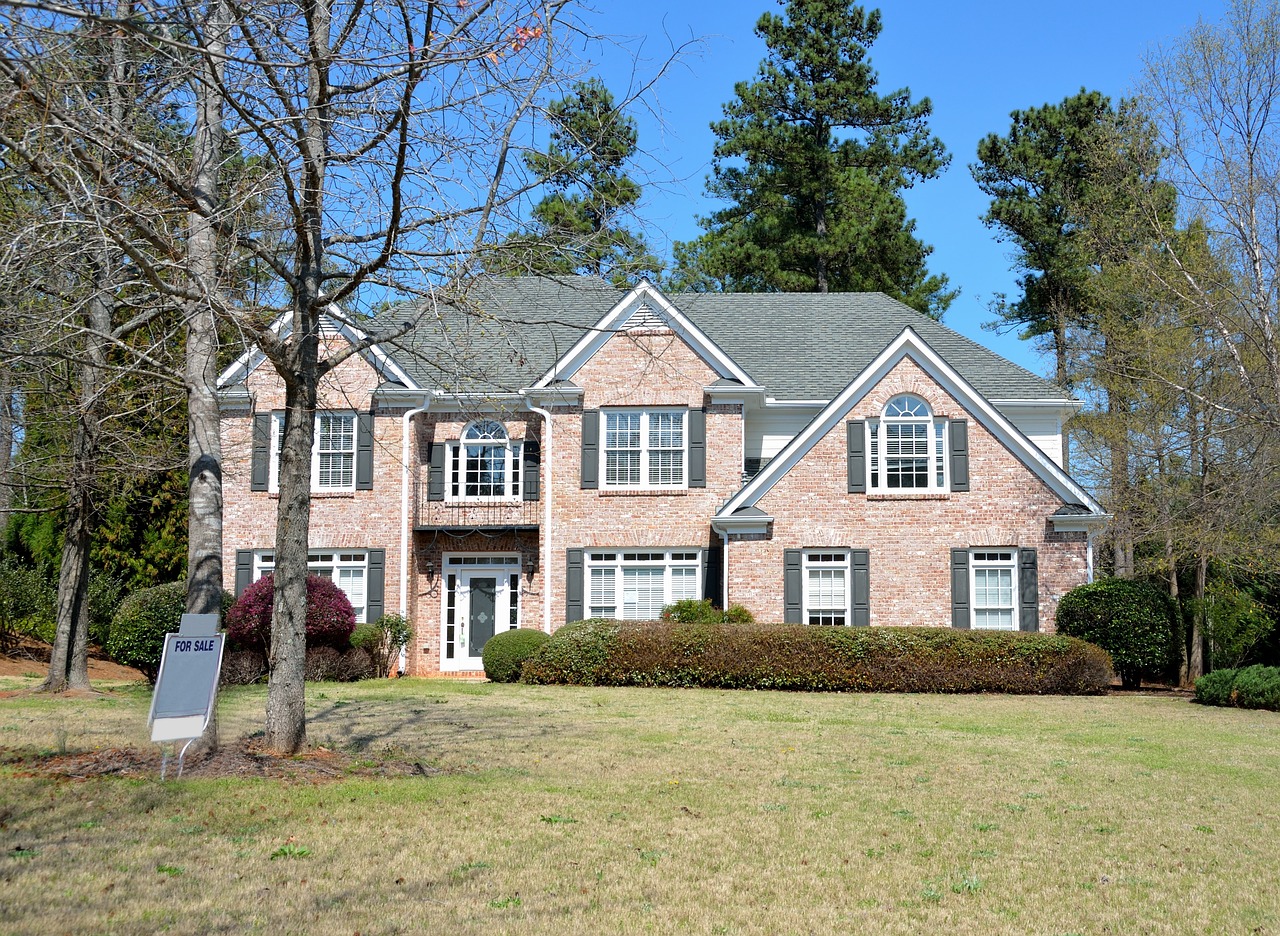Foreclosures
- Understanding Foreclosures: A foreclosure occurs when a homeowner fails to make mortgage payments, leading the lender to take ownership of the property.
- Reasons for Foreclosure: While missed mortgage payments are the primary cause, other reasons can include unpaid property taxes or homeowners association dues.
- Pre-Foreclosure: Before a property is foreclosed, it enters a pre-foreclosure stage. During this time, homeowners have an opportunity to pay off their debt or sell the property to avoid foreclosure.
- Foreclosure Auction: If the debt isn’t settled during pre-foreclosure, the property is sold at a public auction. The highest bidder usually wins the property.
- Bank-Owned Properties: If no one buys the property at auction, it becomes a bank-owned or REO (Real Estate Owned) property. Banks often sell these properties at a discount.
- Buying Foreclosed Homes: Purchasing a foreclosed home can be a great investment opportunity. However, it’s essential to do thorough research and possibly get a home inspection.
- Risks of Buying Foreclosures: Foreclosed homes are often sold “as-is,” meaning any repairs or issues become the buyer’s responsibility.
- Benefits for Buyers: One of the main advantages of buying a foreclosed home is the potential for a lower purchase price. This can lead to significant savings.
- Impact on Homeowners: Foreclosure can have a lasting impact on homeowners, affecting their credit score and their ability to buy a home in the future.
While foreclosures can present investment opportunities, they come with risks. Both buyers and homeowners should be well-informed before proceeding.

